Prema Gopalan - " A Social Entrepreneur"
Jan 15, 2019 • 21 views
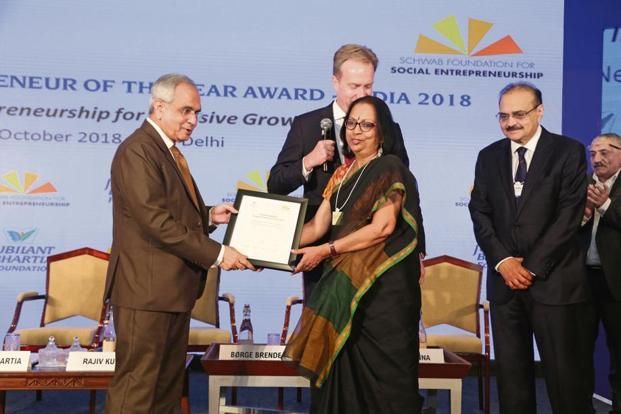
Prema Gopalanis anIndiansocial activist. She has founded and has been Executive Director of Swayam Shikshan Prayog (SSP) for over 20 years, supported poor rural women in building bridges with local government to facilitate democratic processes that are inclusive of women. She is also well known for the disaster relief work after her rehabilitation work in Maharashtra.
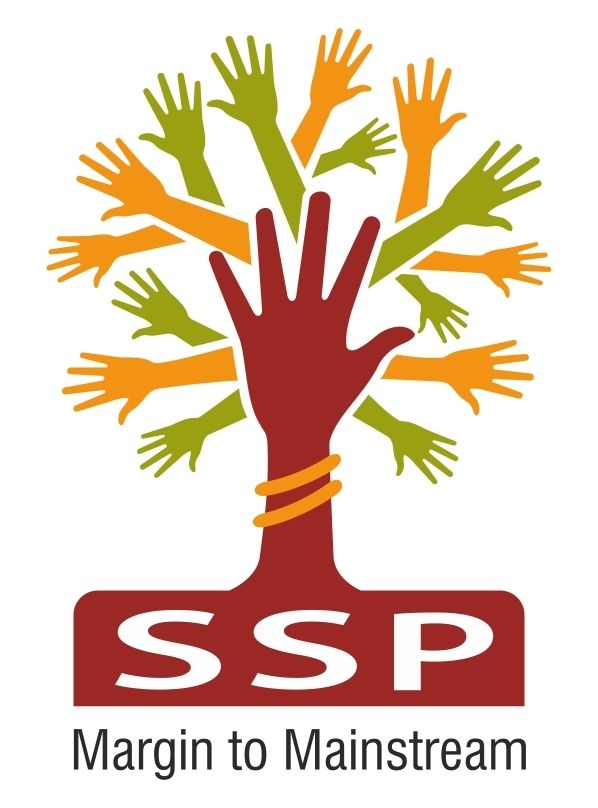
She is empowering women to build bridges between facilitating policy at the government level and taking ownership at the local level. This work aims to put rural poor women at the centre of decentralized, democratic, basic-service management.
She is empowering women to influence and change government policy from inside the system, creating a "micro-macro" balance that will help stop the tremendous waste of resources. Prema has made it possible for women to be involved from the first step of the policy process: to draft a new sectoral reform policy at the Maharashtra state level to effect a transfer of power and resources relating to water and sanitation to women at decentralized, community institutions and local governments.
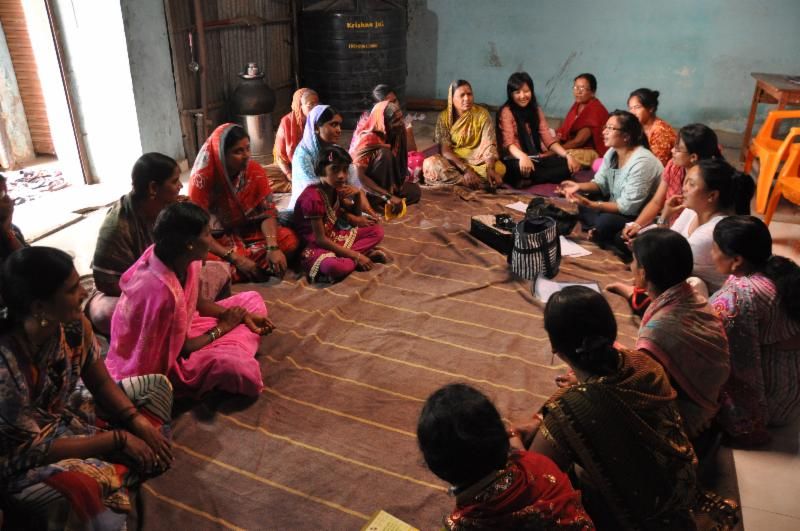
Prema is now taking advantage of this historic policy to involve the women in promoting community ownership of water supply systems and their management by demonstrating how collaborations between gram panchayats (village administration committees) and community groups that are operated by women can manage water systems.
This is not only changing the way women participate in the planning process for development of their own community, but also creating for them channels of economic development.
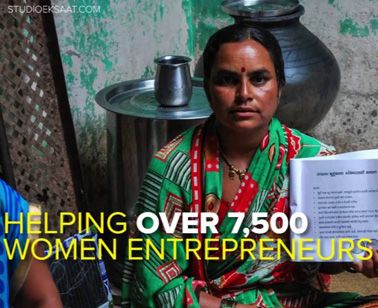
She and her team at SSP, Swayam Shikshan Prayog (literally, swayam: own; shikshan: learning; prayog: practical application) have been working closely with the government–and now international institutions–to realize their long-term vision: transforming the way water supply and sanitation projects are managed through institutionalized community ownership.
Today, her organization partners with 1,310 self-help groups with over 19,518 women members. Prema's vision is to put these women at the core of the developmental process, from the planning to the implementation level. She is collaborating with the government for promoting community ownership of water supply systems through multiple strategies.
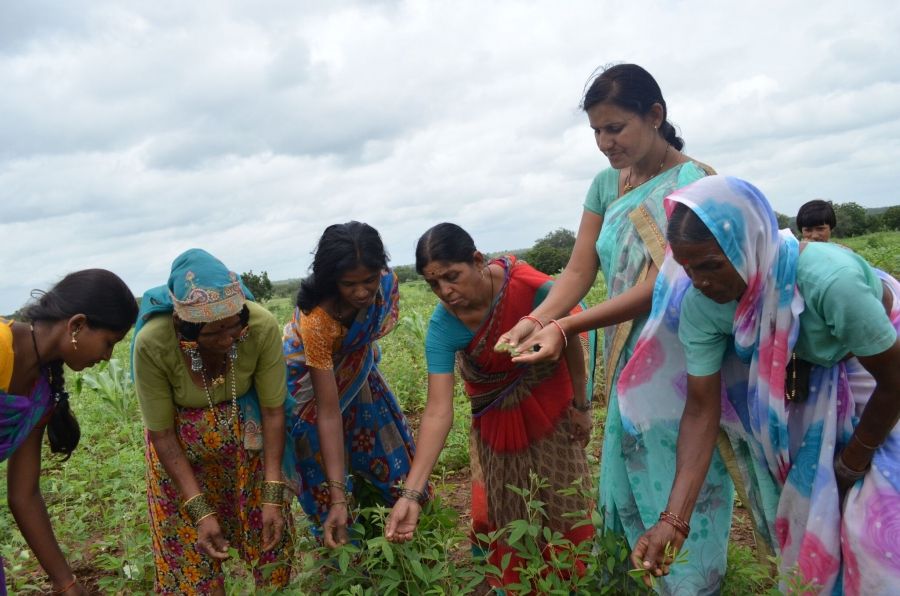
Her work ranges from involving women to voice their demands, to designing of the government order, to implementing, managing, and monitoring it to ensure a transition from a supply-led to a demand-driven approach for water and sanitation.
Prema's idea is unique because it is being developed in order to scale up to huge proportions. The emphasis will not be on perfect little models but on creating management and accountability systems that will lend themselves to scaling up across thousands of villages. SSP's involvement in sector reform at both the state and grassroots levels places it in the sole position of being able to take lessons learned in the field to broad policy initiatives at state and national levels and from the water and sanitation sector to other areas like health and education.

